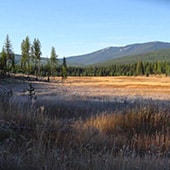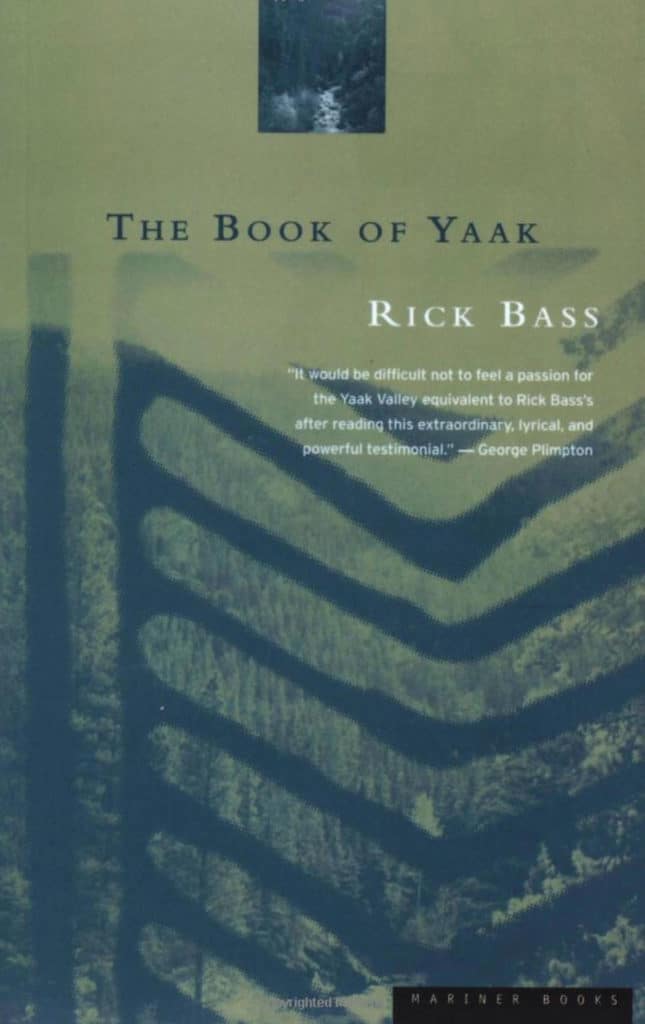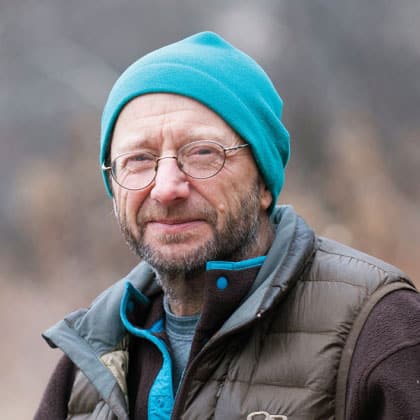The Book of Yaak: Pipe Creek
It’s true that there is only a small double-digit population of grizzlies—ten? twenty? thirty?—and a single-digit population of passing-through wolves; and a dozen or so bull trout, down in Pipe Creek, beneath the huge clearcuts bladed out on the sixty-degree slopes of national forests, clearings that are now only memories of ancient cedars, and the soil and fungus of those old forests opened to blazing sunlight and aridity, and to the rains and their runoff…. (22).
Rick Bass. The Book of Yaak. New York: Houghton Mifflin, 1996.



